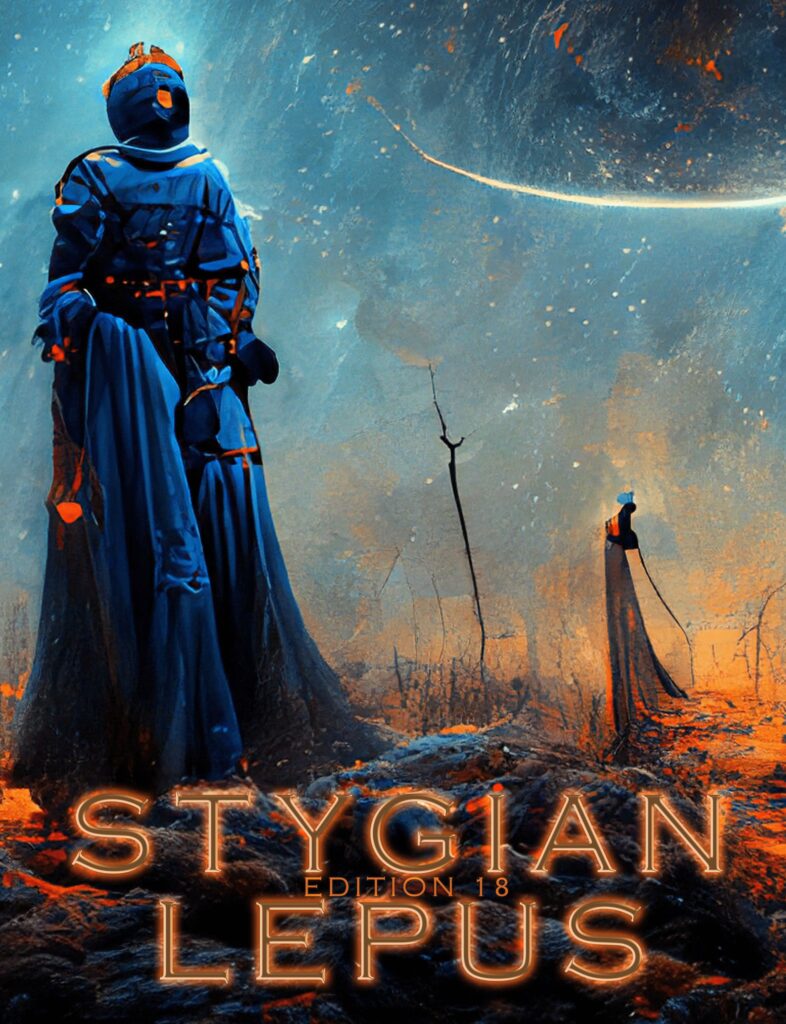A Home to Go To by Fabrice B. Poussin
Accident by Joan McNerney
Church on a Thursday Afternoon by Jessica Gleason
Eating the Elephant: Agents, Our Magical Friends by Kimberly Rei & Dean Shawker
Falling by Joan McNerney
Fear by Joan McNerney
Jackson’s Signature Soup by J.B. Corso
Jimtown Road by Dennis McFadden
Late at Night by Max Bindi
Pursued by Joan McNerney
Sacrificium – Part Two of Four by Andrea Modenos Ash
The Movers – Part One of Two by Zack Zagranis
They Land by Sierra Silver
Truly Dead by Linda Sparks
Unearthed Love by Gabrielle Sawdo
Use by Ken Poyner

